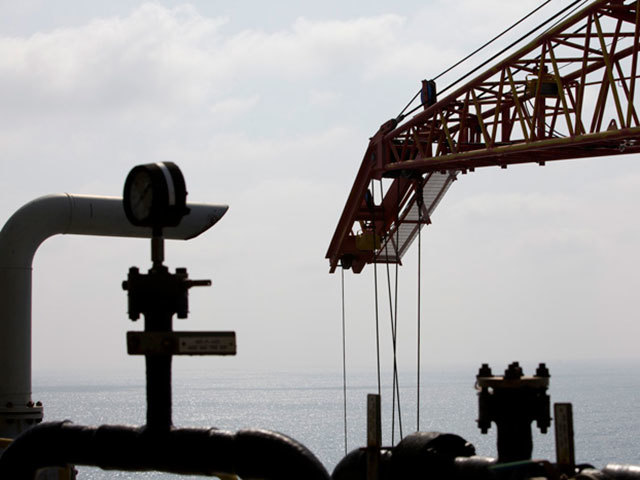
Brent crude fell below $110 a barrel, reversing a rally that started when Islamist militants seized the northern Iraqi city of Mosul almost a month ago. West Texas Intermediate also traded near a one-month low.
Brent futures lost as much as 0.6% in London. While the Islamic State, a splinter group of al-Qaeda, has taken control of provinces in northwestern Iraq, the country’s oil exports are unaffected. The insurgency hasn’t spread to Iraq’s south, the source of more than three-quarters of its oil output. The nation’s semi-autonomous Kurds have said they will continue to guard Kirkuk, home to the nation’s fourth-largest oilfield.
“The Iraq premium in the oil market has effectively gone,” Eugen Weinberg, head of commodities research at Commerzbank AG in Frankfurt, said by phone. “Exports are rising, the militants didn’t move further south, and the Kurds are going to increase Kirkuk exports.”
Brent for August settlement decreased as much as 62 cents, or 0.6%, to $109.62 a barrel on the London-based ICE Futures Europe exchange. The European benchmark crude traded at a premium of $6.30 to WTI on ICE, compared with $6.71 yesterday. On June 9, the day before Mosul fell, the July contract closed at $109.99 a barrel. The volume of all futures traded was about 59% above the 100-day average for the time of day.
WTI for August delivery was at $103.42 a barrel in electronic trading on the New York Mercantile Exchange, down 11 cents, at 10.40am London time. The grade fell a seventh day yesterday, its longest decline since December, 2009, and settled at $103.53, the lowest close since June 6.
Brent also slid amid speculation that Libya will restore exports after rebel groups announced the return of two oil terminals to government control. Libya has 7.5 million barrels ready to export from its Es Sider and Ras Lanuf terminals after lifting force majeure, Oil Ministry Measurement Director Ibrahim Al-Awami said by phone yesterday.
Libya pumped 300,000 barrels a day last month compared with 1.13 million in June 2013, ranking it as the smallest producer in the Organization of Petroleum Exporting Countries.
“With geopolitical events subsiding, the market will turn to what the global economy is doing,” said Jonathan Barratt, the chief investment officer at Ayers Alliance Securities in Sydney, who predicts investors may buy WTI contracts if prices drop to about $102.50 a barrel. “Libya is coming back online, and it appears things have slowed in Iraq. Given where we are, a soft picture prevails.”
In Iraq, fighting remains concentrated in the north, where insurgents from a breakaway al-Qaeda group known as the Islamic State captured the city of Mosul last month. Sunni tribes battling the Shiite-led government of Iraq won’t stop until Prime Minister Nouri al-Maliki steps down, a clan chief said. Then they want to set up their own autonomous region within a united Iraq.
US crude inventories probably shrank by 2.75 million barrels to about 382.2 million in the week ended July 4, a Bloomberg News survey showed before a report from the Energy Information Administration tomorrow. Supplies climbed to 399.4 million barrels in April, the highest level since the EIA, the Energy Department’s statistical arm, began publishing weekly data in 1982.
Gasoline stockpiles probably dropped by 450,000 barrels last week, according to the median estimate in the survey of eight analysts. Distillates, including heating oil and diesel, are projected to have increased by 1 million.
The American Petroleum Institute in Washington is scheduled to release separate supply data today. The industry group collects information on a voluntary basis from operators of refineries, bulk terminals and pipelines. The government requires that reports be filed with the EIA.